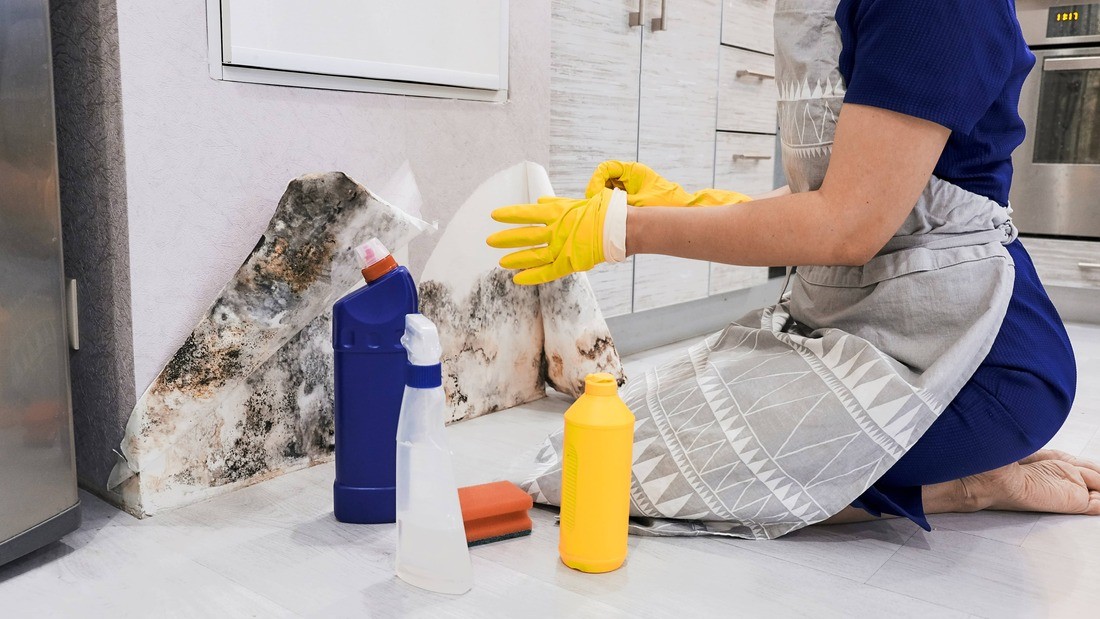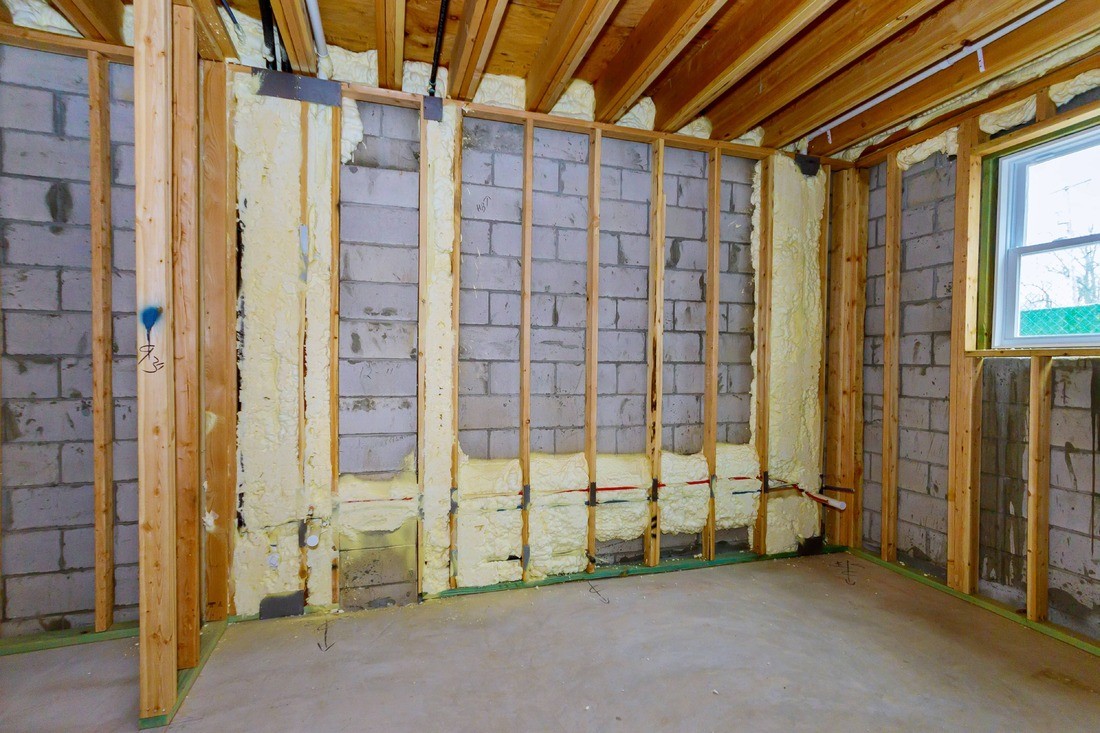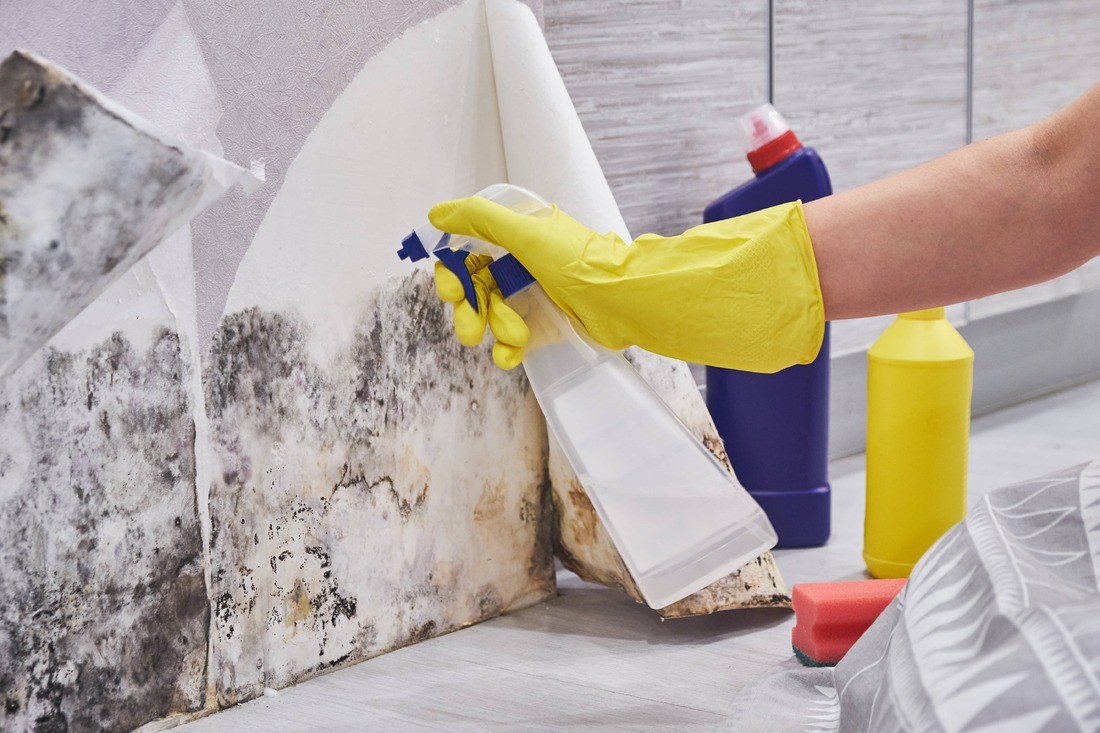
Water Damage Insurance Coverage: Understanding Your Policy
Introduction:
Water damage can occur in a variety of ways, including flooding, burst pipes, leaky roofs, and plumbing issues. It can lead to significant property damage, financial burdens, and health risks if not addressed promptly. Understanding your water damage insurance coverage is crucial to ensure that you are adequately protected when such incidents occur. In this comprehensive guide, we will explore the different aspects of water damage insurance coverage and provide valuable information to help homeowners make informed decisions.

1. Importance of Water Damage Insurance Coverage:
a. Protecting your property: Water damage can result in structural issues, mold growth, and damage to personal belongings. Insurance coverage provides financial protection against such losses.
b. Minimizing financial burdens: Repairs and restoration services can be costly. Having insurance coverage can help offset these expenses.
c. Peace of mind: Knowing that you are protected in case of water damage can provide peace of mind and alleviate stress during such emergencies.
2. Types of Water Damage Insurance Coverage:
a. Homeowners Insurance: Most homeowners’ insurance policies cover sudden and accidental water damage caused by events like burst pipes or appliance leaks. However, they may not cover flood-related damages.
b. Flood Insurance: Flood insurance is a separate policy that covers damages specifically caused by floods. It is essential for homeowners living in flood-prone areas or areas prone to heavy rainfall.
c. Water Backup Coverage: This coverage protects against damages caused by sewer or drain backups, which can result in significant damage and health hazards.
3. Assessing Your Policy:
a. Review your policy documents: Carefully read through your insurance policy to understand its coverage, exclusions, deductibles, and claim procedures.
b. Contact your insurance provider: If you have any questions or need clarification, reach out to your insurance provider for assistance.
4. The Claims Process:
a. Document the damage: Take photos and videos of the damages as evidence for your insurance claim.
b. Contact your insurance company: Notify your insurance company as soon as possible and provide all the necessary details related to the incident.
c. Mitigate further damage: Take necessary steps to prevent further damage, such as drying out the affected area and boarding up broken windows.
d. Maintain documentation: Keep records of all communication with your insurance company, including claim numbers, adjuster information, and any relevant documents.
5. Exclusions and Limitations:
a. Gradual damage: Most insurance policies do not cover gradual damage, such as long-term leaks or maintenance issues.
b. Negligence: If the water damage is a result of negligence or lack of maintenance, it may not be covered by insurance.
c. Policy limits: Familiarize yourself with the coverage limits and deductibles specified in your policy.

6. Additional Considerations:
a. Review regularly: Periodically review your insurance policy to ensure that it aligns with your needs and property value.
b. Add-ons and endorsements: Explore additional coverage options, such as sewage backup coverage or increased coverage limits, if needed.
c. Seek professional help: Engage the services of water damage restoration professionals to mitigate damage and assist with the claims process.
FAQ:
Q1: What is covered under homeowners insurance for water damage?
A: Homeowners insurance typically covers sudden and accidental water damage caused by events like burst pipes or appliance leaks. However, it may not cover flood-related damages.
Q2: Do I need flood insurance if I have homeowners insurance?
A: Yes, homeowners insurance does not cover flood-related damages. If you live in a flood-prone area, it is crucial to have a separate flood insurance policy.
Q3: What should I do if I experience water damage?
A: Document the damage, contact your insurance company, mitigate further damage, and maintain documentation of all communication and relevant documents.
Important Facts and Statistics:
1. Dirt and debris often get caught in drains, preventing water from draining out properly (source: Roto-Rooter Water Damage Restoration).
2. Flooding can cause damage to foundations, drywall, carpet, hardwood floors, furniture, furnishings, and more (source: The Spruce).
3. Immediate action is essential to mitigate damage when a basement floods due to excessive rain or meltwater (source: Bob Vila).
4. Basements are also vulnerable to non-natural flooding from burst pipes, sewage backups, and major water leaks (source: 10 Steps Used by Professionals to Restore Flooded Basements).
5. Extensive basement flooding can lead to mold or mildew growth, which is detrimental to health (source: 10 Steps Used by Professionals to Restore Flooded Basements).
Conclusion:
Water damage insurance coverage is an essential aspect of homeownership that provides financial protection against the devastating effects of water-related incidents. Understanding the different types of coverage, assessing your policy, and knowing the claims process will help ensure that you are adequately protected. Regular reviews of your policy and seeking professional assistance when needed are important steps in preventing and addressing water damage effectively.
For professional basement flooded water damage restoration services in Las Vegas, contact Water Damage Restoration Pros at 725-210-8500 or visit their website for more information.


